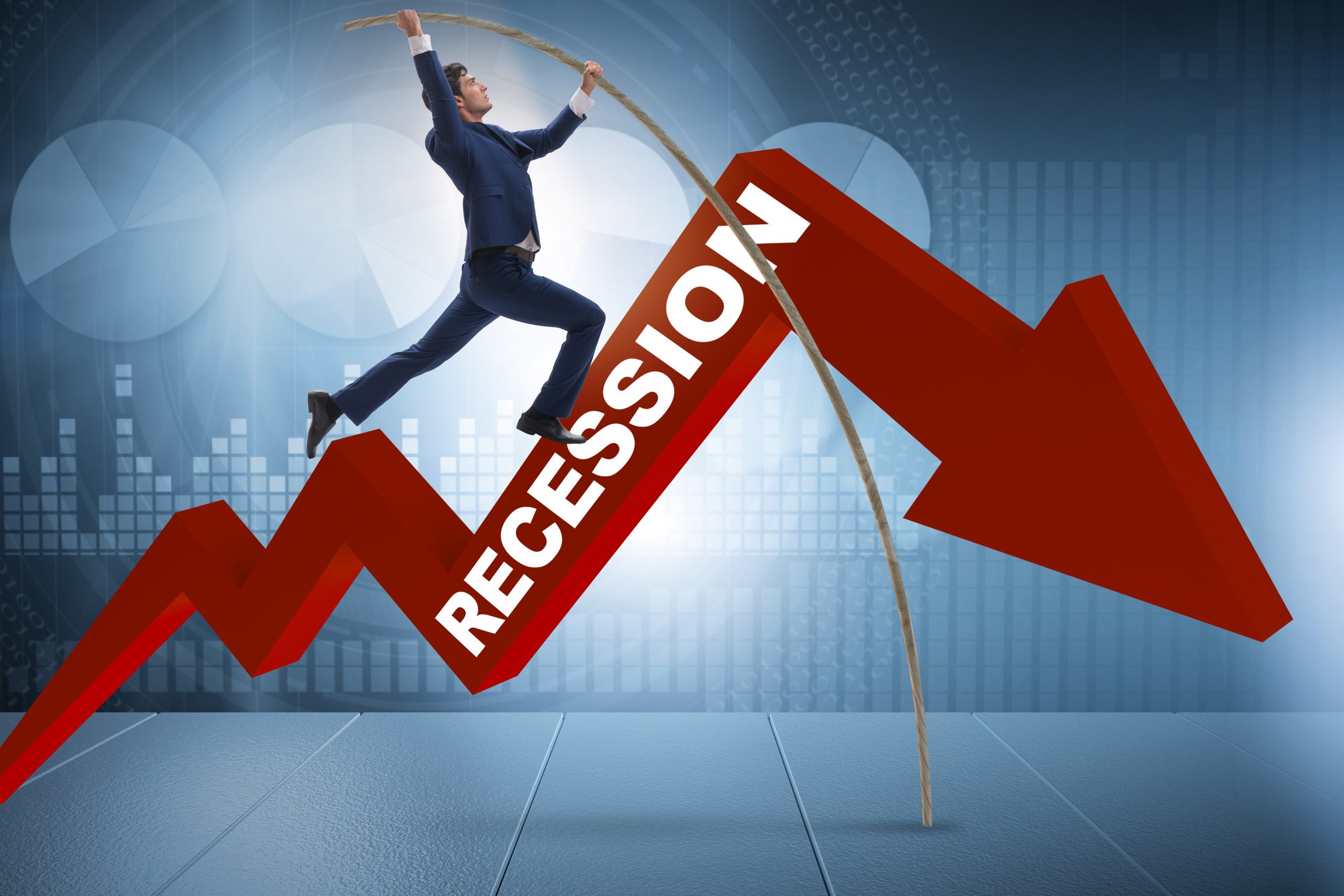“[Solutions like the Open Covid Pledge are] certainly beneficial to public health in the short term, but participant licensors will need to manage their rights very carefully in order to avoid long term erosion.”
 At the onset of the U.S. COVID-19 pandemic in early March 2020, the legal community immediately became concerned about its economic prospects. Particularly in the intellectual property (IP) legal community, bad memories from the 2007-2009 mortgage crisis and Great Recession surfaced, and fears of losing clients, billable hours, and jobs mounted. However, due to a variety of factors, the legal market has been unexpectedly resilient and, in many ways, has thrived during these extremely uncertain times.
At the onset of the U.S. COVID-19 pandemic in early March 2020, the legal community immediately became concerned about its economic prospects. Particularly in the intellectual property (IP) legal community, bad memories from the 2007-2009 mortgage crisis and Great Recession surfaced, and fears of losing clients, billable hours, and jobs mounted. However, due to a variety of factors, the legal market has been unexpectedly resilient and, in many ways, has thrived during these extremely uncertain times.
New Realities = New Work, New Business Models
When the pandemic first hit the United States, many consumable product manufacturers and distributors recognized that sales of existing product lines were likely to decline. These companies smartly and strategically pivoted to the personal protective equipment (PPE) and disinfectant/sanitizer market to capitalize on demand and boost revenue. While many of these products are industry standard, in the rush to get COVID-related products on the markets, it was easy for businesses to overlook whether and to what extent their new product lines would infringe third party IP rights. As a result, many businesses were exposed to unexpected IP-related liabilities and became easy targets for demand letters and infringement lawsuits. From the perspectives of lawyers, new market realities led to increased ex post facto infringement opinion work that normally would have been completed before product launches. As a result, IP practitioners have been called on urgently by their clients to provide immediate and business-savvy clearance opinions – a boom for billable hours, but a potential liability given the inherently hasty context of the work.
From a consumer perspective, the need for quick and bountiful access to PPE and other COVID-related products significantly outweighs public policy considerations concerning IP rights. For example, public health could be significantly impacted if an IP rights holder decided to blanket the PPE supply chain in trademark or patent infringement lawsuits. This begged the question whether PPE-related IP rights pools or consortiums should be established, at least temporarily, to protect consumers and public heath in general. Several groups, including the Open COVID Pledge (opencovidpledge.org) are trying to precisely address this problem by providing a means for interested rights holders to license their assets for free in furtherance of the fight against the disease. This concept is certainly beneficial to public health in the short term, but participant licensors will need to manage their rights very carefully in order to avoid long term erosion.
While many businesses have successfully pivoted by adding new COVID-related products, others, particularly those in retail, were severely impacted. Prior to 2020, traditional brick-and-mortar retailers were already under immense pressure from e-commerce trends. Abrupt store closures deepened financial pressure on these establishments and further accelerated widespread consumer reliance on e-commerce. These conditions appear to have cemented a permanent shift in retail, which is reflected in recent retail bankruptcy sales. Real estate and other tangible assets, such as inventory, have traditionally been the highly valued assets in retail bankruptcies. However, the uncertainty of the length of pandemic conditions, the high cost of brick-and-mortar retail, and the increasing detachment of retail from physical spaces have created a buyer’s market and eroded the value of those assets. Consequently, IP, namely the brand, customer data and other e-commerce-related assets, have emerged as a key source of value for bankruptcy estates. The marked transformation of retail has increased optimism in the ability to convert established brick-and-mortar brands into primarily online, e-commerce enterprises. The best example is Retail Ecommerce Ventures LLC, which has acquired the IP and e-commerce intangibles of Pier 1, Dressbarn, and Modell’s through bankruptcy sales. Moving forward, many believe the market for IP assets, standing alone, will grow increasingly competitive.
Now Is the Time
All of these factors (and many more not discussed here) have resulted in a perceived (and unexpected) uptick in IP enforcement campaigns across all industries. As business slowed due to COVID, company leaders and legal departments have more time on their hands to investigate new infringements and revisit dormant IP violations that were never addressed. Many of these rights holders are hoping now is the time to cash in by obtaining default judgments or quick settlements against recalcitrant infringers which may themselves be suffering from market realities.
In the same vein, savvy business owners are capitalizing on “zombie” IP rights – primarily trademark and copyright rights previously owned by dead or dying companies that are being usurped by the most opportunistic market players. This leaves competitors exposed to new infringement claims concerning old brands and content that were perceived to no longer be relevant or enforceable. Of course, wading through these issues has put increased pressure on IP practitioners to focus less on esoteric arguments and more on providing savvy, business-forward legal advice.
Image Source: Deposit Photos
Image ID:179523816
Copyright:Elnur_

![[IPWatchdog Logo]](https://ipwatchdog.com/wp-content/themes/IPWatchdog%20-%202023/assets/images/temp/logo-small@2x.png)

![[[Advertisement]]](https://ipwatchdog.com/wp-content/uploads/2024/04/Patent-Litigation-Masters-2024-banner-early-bird-ends-Apr-21-last-chance-938x313-1.jpeg)
![[Advertisement]](https://ipwatchdog.com/wp-content/uploads/2024/04/Patent-Litigation-Masters-2024-sidebar-early-bird-ends-Apr-21-last-chance-700x500-1.jpg)

![[Advertisement]](https://ipwatchdog.com/wp-content/uploads/2021/12/WEBINAR-336-x-280-px.png)
![[Advertisement]](https://ipwatchdog.com/wp-content/uploads/2021/12/2021-Patent-Practice-on-Demand-recorded-Feb-2021-336-x-280.jpg)
![[Advertisement]](https://ipwatchdog.com/wp-content/uploads/2021/12/Ad-4-The-Invent-Patent-System™.png)







Join the Discussion
No comments yet.